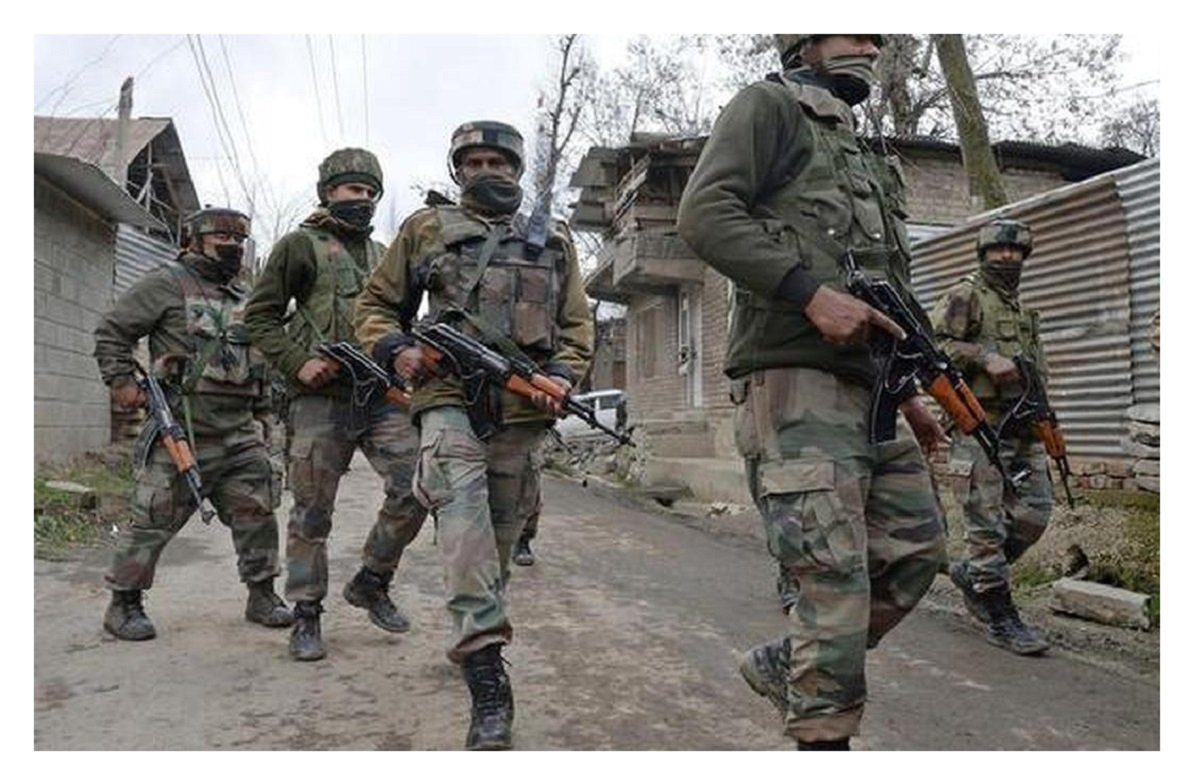Lok Sabha Member of Parliament S. Supongmeren Jamir conducted successive consultative meetings with members of the District Development Coordination and Monitoring Committee (DISHA) in Niuland and Chumoukedima districts. The back-to-back review meetings, held at the respective Deputy Commissioner (DC) Conference Halls, brought together departmental heads, Gaon Buras (GBs), Village Council Members, and other stakeholders to assess the progress of development programs and address bottlenecks in project execution. In Niuland, a newly created district with a largely rural population, Jamir underlined the importance of close coordination between implementing agencies and local leadership. “We are here to listen to your feedback, understand your challenges, and ensure that development schemes are reaching those for whom they are meant,” he said. The MP engaged in detailed discussions with six key departments—Rural Development, Urban Development, Agriculture, Industries & Commerce, Public Health Engineering (PHED), and the Lead Bank. Officials presented status updates on ongoing schemes and laid out timelines for completion.
DC Niuland, Sara S. Jamir, in her welcome address, described the district’s developmental aspirations and geographical significance. She noted Niuland’s strategic location, bordered by Assam and major districts like Dimapur, Wokha, Kohima, Tseminyu, and Chumoukedima, positioning it as a future economic and communication hub. The MP’s visit, she said, could catalyze integrated planning and targeted infrastructure development. Jamir urged departments to maintain accountability and complete projects without delay. He also called on GBs and Village Council Members to actively participate in planning and monitoring processes. “Your role is crucial to ensure that the benefits of development actually reach the ground,” he added. Later in the day, Jamir chaired the DISHA meeting in Chumoukedima district, where he reiterated the need for stakeholder collaboration to make government schemes effective. He explained that the DISHA structure spans from the district to the national level, with the Chief Minister heading the state committee and the District Collector acting as the member secretary at the district level.
“The creation of a committee alone does not guarantee results. We must use this platform to provide suggestions, resolve implementation issues, and bridge the gap between government departments and the people,” Jamir said. He encouraged departments to communicate challenges, particularly regarding fund flows, so that DISHA can suggest solutions. As a non-official member, Jamir assured his support in resolving fund disbursement and coordination issues between the grassroots and higher authorities. In a bid to promote inclusive representation, the MP proposed a rotational system for Village Council representation in DISHA meetings, allowing broader participation. He also recommended involving NGOs through non-official members and ensuring support for newly formed Town Councils to present their developmental needs at district and state planning boards. Jamir further stressed the importance of adhering to departmental guidelines for project selection and implementation. He warned that any deviation could prompt a review and possible diversion of funds. “Let’s treat this forum not as an RTI counter for complaints, but as a collaborative space for achieving results,” he said. Chumoukedima DC Polan John noted that the last DISHA meeting in the district was held in March 2023. He highlighted that on April 15, 2025, the Ministry of Rural Development revised guidelines to include schemes under the Ministry for Development of North Eastern Region (DoNER). This expansion, he said, increases DISHA’s responsibility to ensure convergence among departments and successful execution of all flagship programs. He emphasized that inputs gathered from the grassroots would be used to refine central schemes, improve fund utilization, and enhance delivery mechanisms. “Our goal is to transform the district through coordinated effort,” he said. During both meetings, departments gave PowerPoint presentations on the status of schemes under their purview. These included updates from the Rural Development, PHED, Industries & Commerce, Agriculture, and the Lead District Manager’s office. Jamir reminded attendees that there are currently 97 centrally sponsored schemes under the purview of DISHA. He called on Heads of Departments (HoDs) and committee members to fulfill their roles with integrity and a shared sense of responsibility. “In Chumoukedima, no one will serve in these posts forever. Let us make our time count by delivering real outcomes,” he said.




